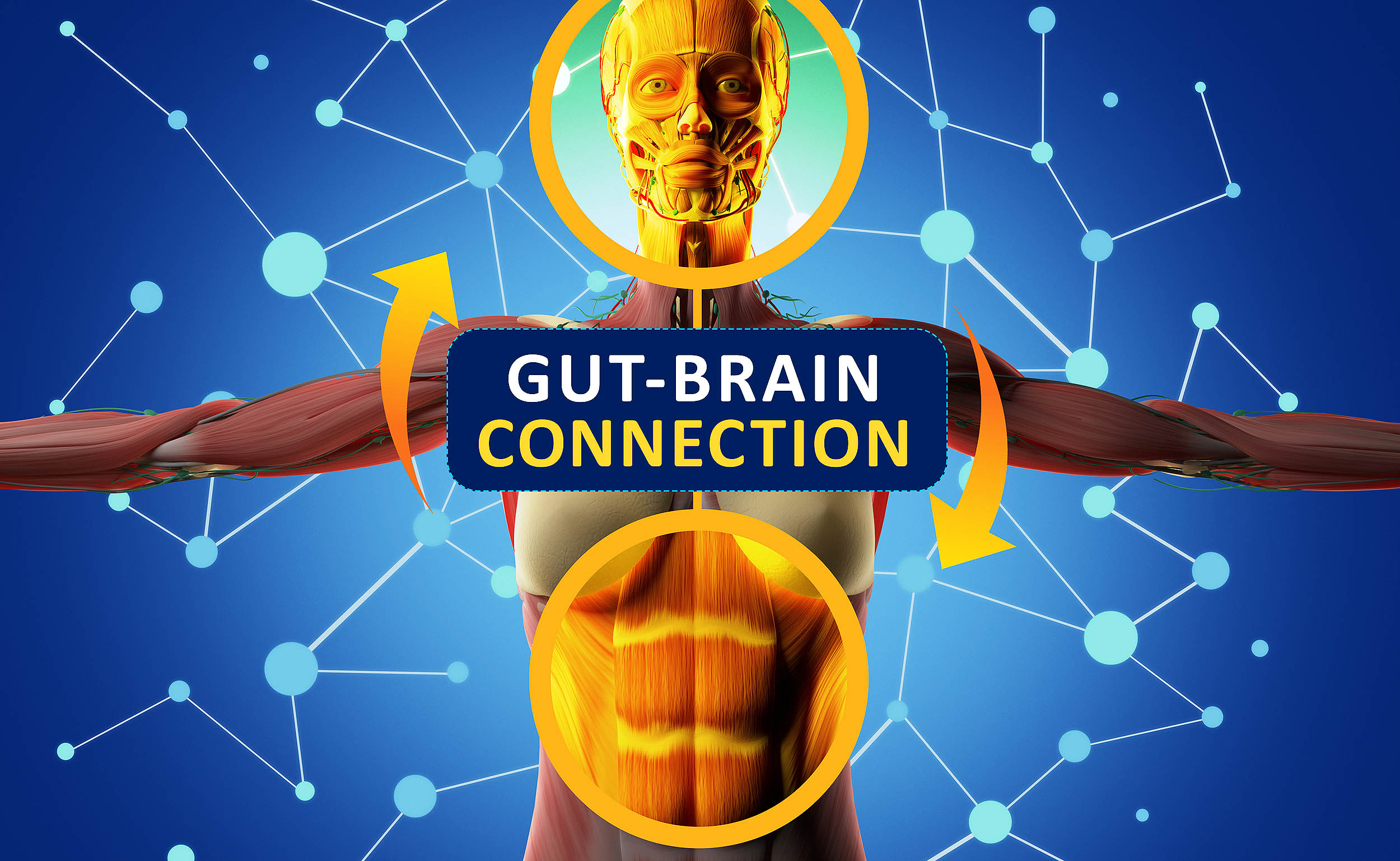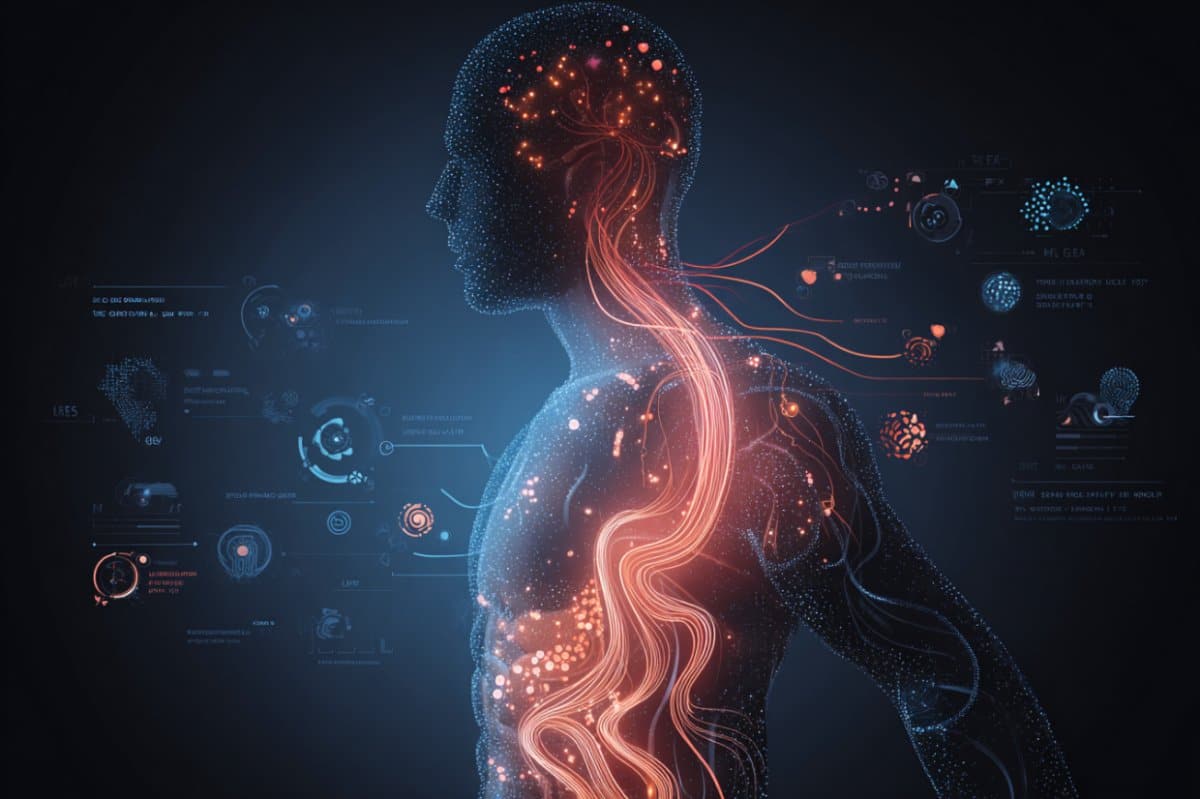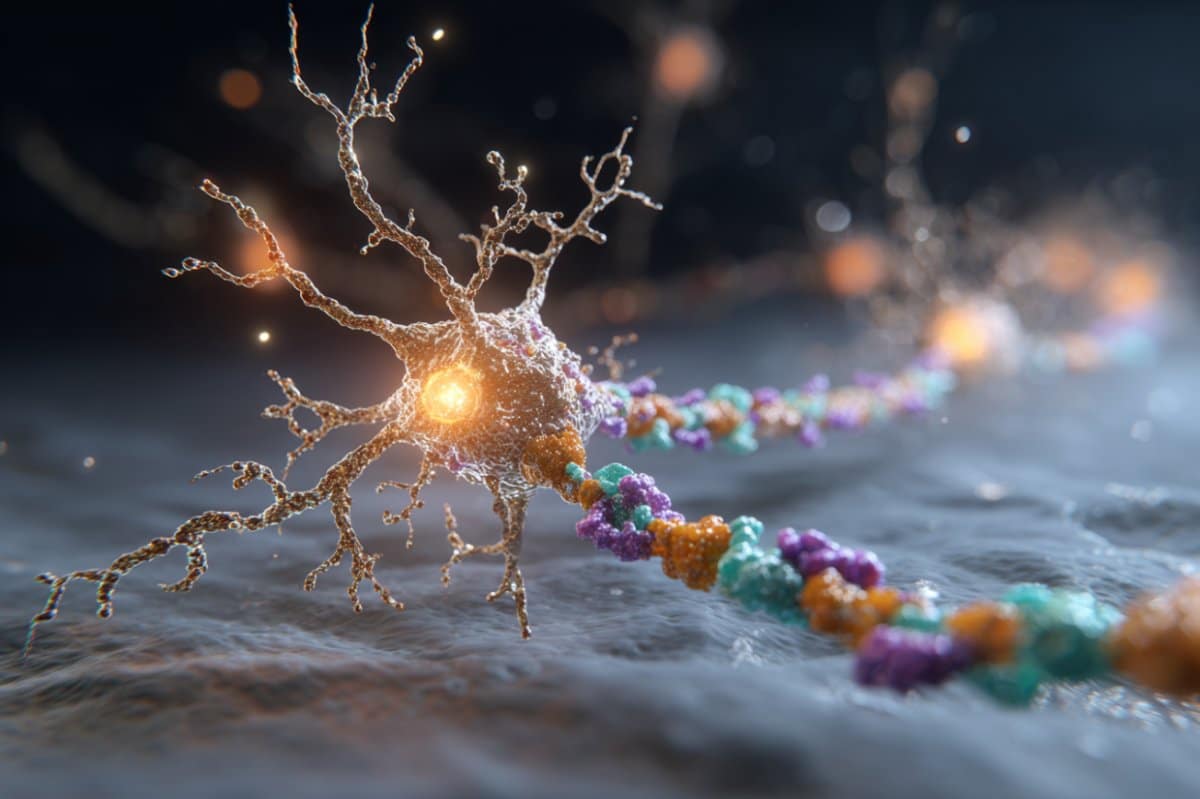T4K3.news
New research uncovers gut's role in appetite control
A study shows gut bacteria may influence feelings of fullness, impacting obesity treatments.

Scientists discover how gut bacteria communicate with the brain to regulate feelings of fullness.
New Study Reveals Gut Microbiome May Influence Appetite Signals
A recent study led by Duke University researchers uncovers how the gut microbiome plays a critical role in signaling when we are full. The team focused on a protein called flagellin, released by bacteria, and its interaction with neurons in the gut. This protein activates receptors known as toll-like receptor 5, which communicate signals to the brain through the vagus nerve. In experiments with mice, those treated with flagellin showed decreased appetite, while those lacking the TLR5 receptor continued eating, indicating a vital connection between gut bacteria and appetite regulation. The findings may have significant implications for understanding obesity and mental health conditions.
Key Takeaways
"The next step for the scientists is to figure out what diets change the microbiome."
This reflects the ongoing research focus on diet's impact on gut health.
"This could be a key piece of the puzzle in conditions like obesity or psychiatric disorders."
Bohórquez emphasizes the potential implications of their findings for mental and physical health.
This study highlights an important yet often overlooked aspect of human biology—the second brain in our gut and its potential to influence our behavior. As science grapples with the complexities of the microbiome, the prospect of manipulating gut signals opens new avenues for treating eating disorders, obesity, and potentially mood-related issues. The connection between mental health and the gut continues to grow, suggesting that our dietary choices not only influence our physical health but may shape our mental states as well.
Highlights
- Gut bacteria might hold the key to our appetite signals.
- Understanding the microbiome could reshape obesity treatments.
- We may have a sixth sense in our gut that influences eating.
- This research opens new paths for mental health treatment.
Potential Risks Related to Obesity and Public Health
The implications of gut microbiome research could lead to controversial dietary recommendations and health treatments, raising concerns about public acceptance and potential backlash.
Further research could redefine our understanding of nutrition and mental health.
Enjoyed this? Let your friends know!
Related News

New discovery in appetite regulation revealed

New research links gut bacteria to hunger regulation

Duke University finds natural weight control in gut bacteria

New study reveals gut bacteria affect appetite

Study Links Gut Health to Chronic Fatigue and Long COVID

New study reveals secrets of mood regulation receptors

New weight loss drug shows promise in early tests

New study uncovers sleep's mitochondrial links
